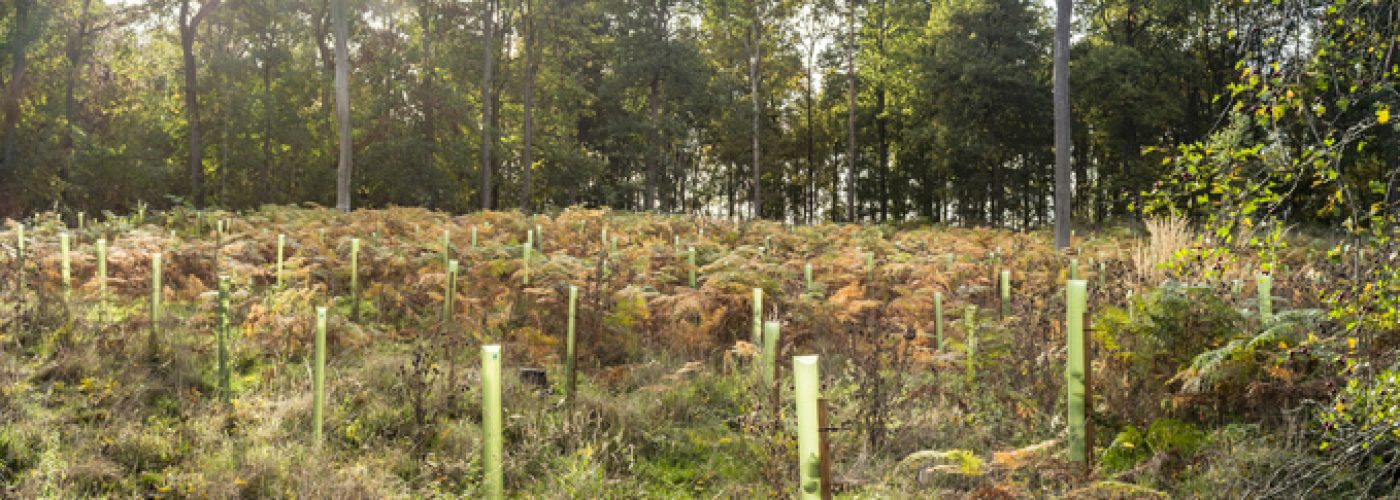Environment Bank has recently announced that it is working in collaboration with Barclays to support greater visibility and adoption of Biodiversity Net Gain (BNG) among housebuilders and England-based farmers.
Environment Bank offers Biodiversity Units to developers to enable them to fulfil their BNG obligations. It works with farmers and landowners to generate these units by building ‘habitat banks’, supporting farmers to increase biodiversity, unlock a diversified revenue stream and build business resilience for their farms.
BNG is an initiative that aims to make sure that property development in England has a measurably positive impact on biodiversity. To comply with the Environment Act 2021, developers in England must deliver a 10% net uplift in biodiversity relating to the site to be granted planning permission.
Barclays’ developer clients will be able to purchase off-site Biodiversity Units from Environment Bank from a network of habitat banks around the country.
As part of the collaboration, Environment Bank and Barclays are also highlighting opportunities for farmers and landowners to explore the BNG market as an avenue of accessing Nature markets, through Environment Bank’s model where it takes a 30-year lease on areas of land to deliver the biodiversity gains.
Commenting on the collaboration, Catherine Spitzer, CEO of Environment Bank, said:
“We are delighted to be working with Barclays and look forward to helping both its developer and agricultural clients to navigate the BNG market.”
“I hope that working closely with Barclays’ clients in this way will make a significant contribution to nature restoration in England.”
Adam White, Head of Agriculture, Barclays UK said:
“Not only does BNG support farmers and landowners to explore possible new revenue streams, but it also supports biodiversity uplift across the England and is a route for developers to comply with this new regulation.
“This collaboration with Environment Bank helps ensure our customers are getting support to understand what is right for their business.”
Environment Bank has already established a network of 28 Habitat Banks over almost 2,000 acres across England – with more than 20 additional sites already in development. It has a team of 85 experts working across ecology, land management, planning, and legal services. Its clients comprise SME and major housebuilders alongside significant commercial, utility, energy, and infrastructure developers.
Building, Design & Construction Magazine | The Choice of Industry Professionals





